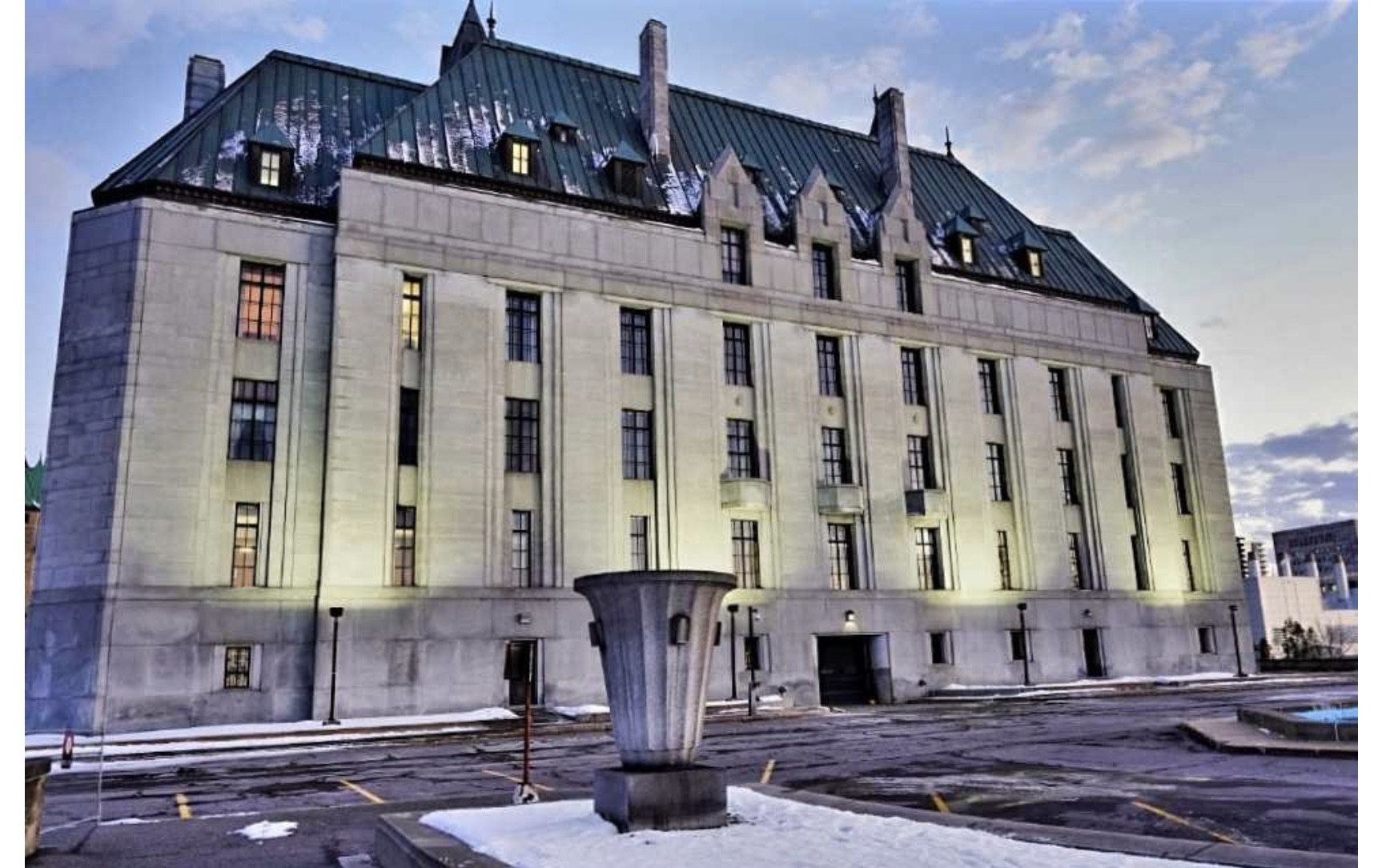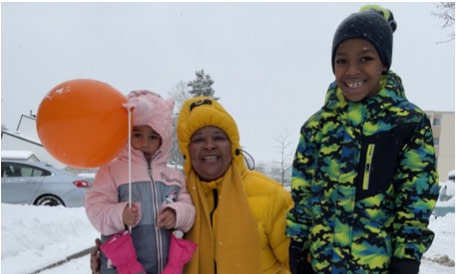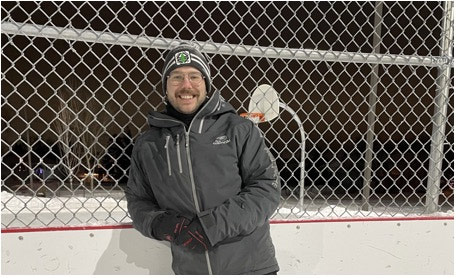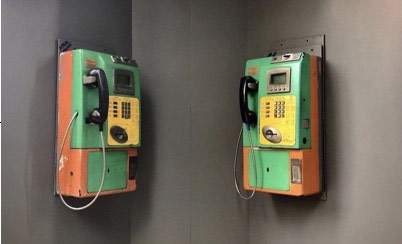Supreme Court upholds law empowering Indigenous Child Welfare
Tashi Farmilo
The Native Women's Association of Canada (NWAC) has expressed satisfaction with the Supreme Court of Canada's decision to uphold a federal law that recognizes the right of Indigenous communities to manage their own child and family services and to care for children in need. The law in question, known as Bill C-92, became the Act respecting First Nations, Inuit and Métis children, youth and families, asserting that Indigenous nations have legislative authority over services to their children and establishing minimum standards of care. Since its enactment in 2019, several Indigenous communities have adopted their own laws and agreements, exercising their inherent right to control child and family services, including child protection and family support.
NWAC's lawyers, who were granted intervenor status in the case, argued before the country's highest court in December 2022 that any discussion on Indigenous self-government rights must ensure that women, girls, and Two-Spirit, transgender, and gender-diverse Indigenous individuals can exercise these rights on an equal footing, despite long-standing systemic discrimination. This principle is particularly impactful for the care of Indigenous children, who are often removed from their communities due to home issues.
Sarah Niman, a lawyer for NWAC, stated, "This decision confirms that there is room in the Canadian legal system for Indigenous laws, without compromising anyone's rights. The strength and security of their communities are enhanced when Indigenous women and gender-diverse individuals can participate equally in child and family service systems that concern them."
The case stemmed from a lawsuit brought by Quebec against Canada, in which the province argued that Canada acted outside its authority when it passed Bill C-92. The bill acknowledged and confirmed the right of Indigenous peoples to self-government, relying on both the United Nations Declaration on the Rights of Indigenous Peoples (UNDRIP) and Section 35 of the Constitution Act, 1982.
NWAC believes that the Supreme Court's decision to uphold the law will help reduce the unacceptable number of Indigenous children who are removed from their communities and placed in provincial child protection systems, away from their community and culture.
Photo caption: The Supreme Court of Canada upheld a federal law that recognizes the right of Indigenous communities to manage their own child and family services and to care for children in need.
Photo credit: Tashi Farmilo





